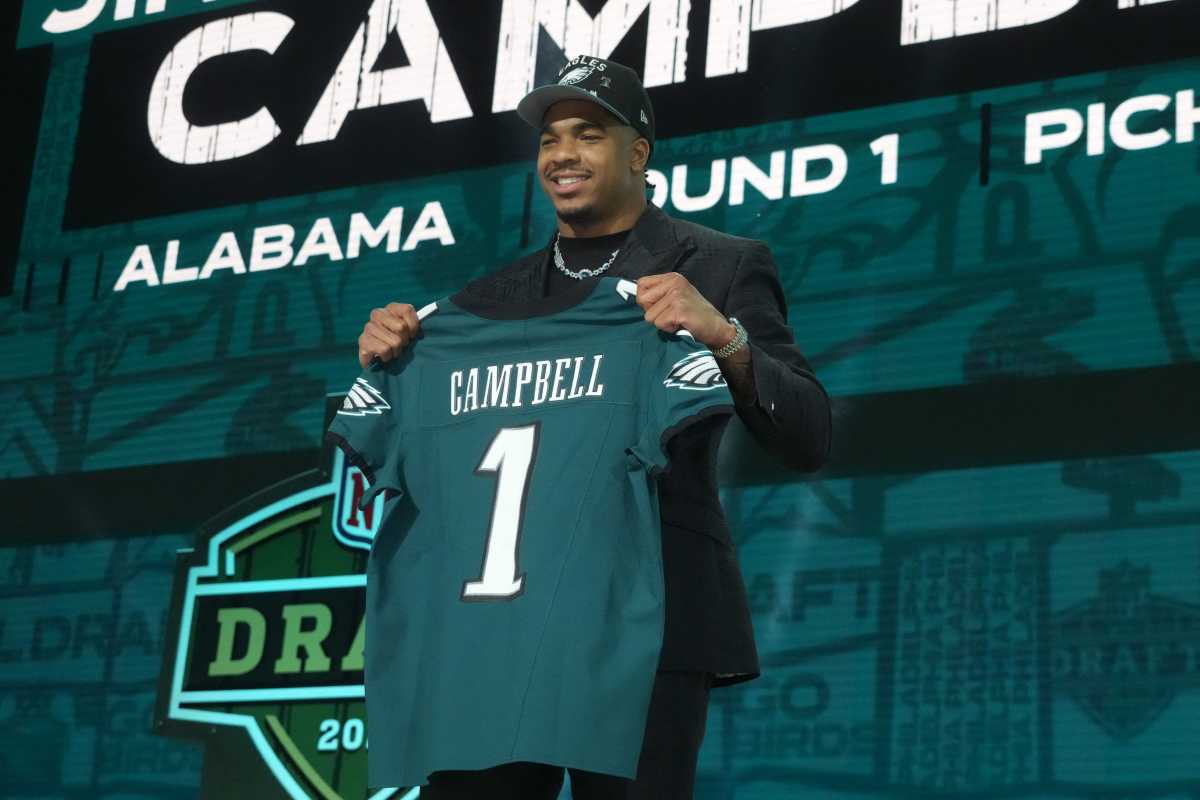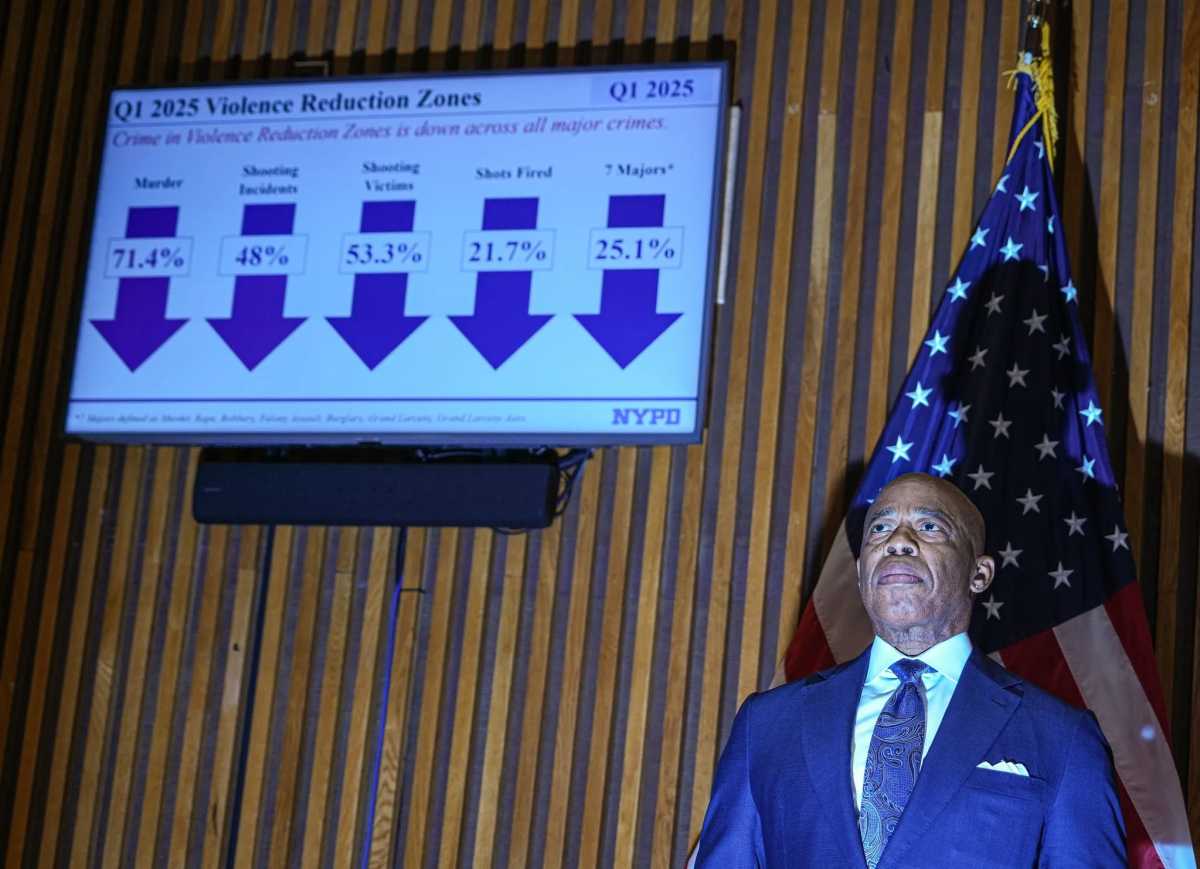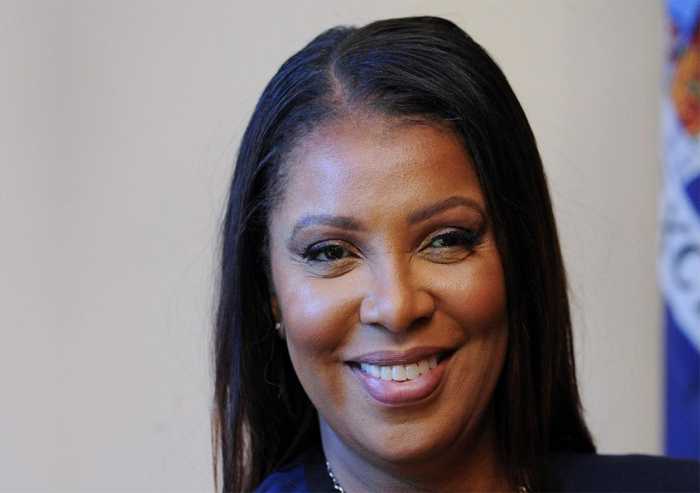BEIJING (Reuters) – The Chinese unit of U.S. bathroom and kitchen hardware maker Kohler as well as auto brands Ford and Infiniti were among those singled out for criticism on Monday on Chinese state television’s popular annual consumer rights show.
In video footage, a man identified by China Central Television (CCTV) as a manager at a technology supplier to Kohler China says the firm had cameras installed in all its China stores to scan the faces of customers. A Kohler employee is shown saying that cameras help better target sales efforts.
“The camera can even tell the mood of the consumer,” the CCTV reporter says while viewing the system.
Kohler’s China unit said in a statement it had “carried out rectification work” and was removing camera equipment from its stories.
Kohler “only used the data from the system to count the number of customers and did not save, analyse or transfer the collected data,” it added.
Known as the “315 Show” in China, the World Consumer Rights Day programme has over the years highlighted foreign and domestic brands over issues ranging from poor-quality products to the illegal collection of personal data.
Big brands, fearful of being featured in the two hour prime-time broadcast, have been known to prepare responses ahead of time, just in case.
The show criticised Ford over malfunctioning gearboxes in several models including the Focus, citing customer complaints. Ford did not alert customers or actively fix the problem, according to the show.
Ford’s local joint venture with Changan said in a statement that the company will offer free repairs to vehicles with affected gearboxes.
Nissan Infiniti was reported to be trying to stop customers from complaining about gearboxes in premium sport-utility vehicles.
Infiniti said on its WeChat social media account it would improve customer communications in reference to the criticism.
While China has been engaged in a campaign against anti-competitive behaviour by its technology giants, those companies emerged largely unscathed on Monday’s broadcast. However, UC Browser, owned by Alibaba, was singled out for including medical ads of unqualified companies.
UC Browser could not immediately be reached for a comment.
Beijing has stepped up consumer rights protection in recent years as China pushes to drive domestic consumption and ease the economy’s reliance on imports.
The programme has in previous years criticised firms including Apple, Nike and Starbucks.
The country’s market regulator on Friday said it received more than 21.3 million consumer complaints and recovered economic losses of 4.4 billion yuan for consumers in 2020.
(Reporting by Yilei Sun, Sophie Yu and Tony Munroe; editing by David Evans and Richard Pullin)
























